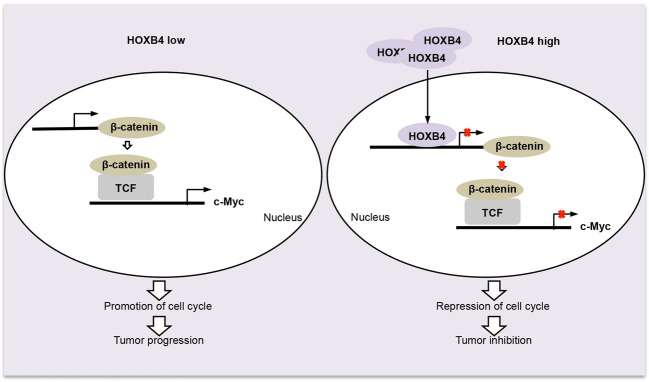Fig. 7. A model of the HOXB4/β-catenin/c-Myc in cervical cancer.
In cervical cancer, loss of HOXB4 upregulated β-catenin and its downstream gene c-Myc, which contributed to the enhancement of the cell cycle and promoted tumor progression. In HOXB4-overexpressing cervical cancer cells, HOXB4 was accessed to the nucleus and transcriptionally repressed β-catenin expression, leading to impaired nuclear accumulation of β-catenin, which subsequently contributed to the inhibition of tumor progression.

